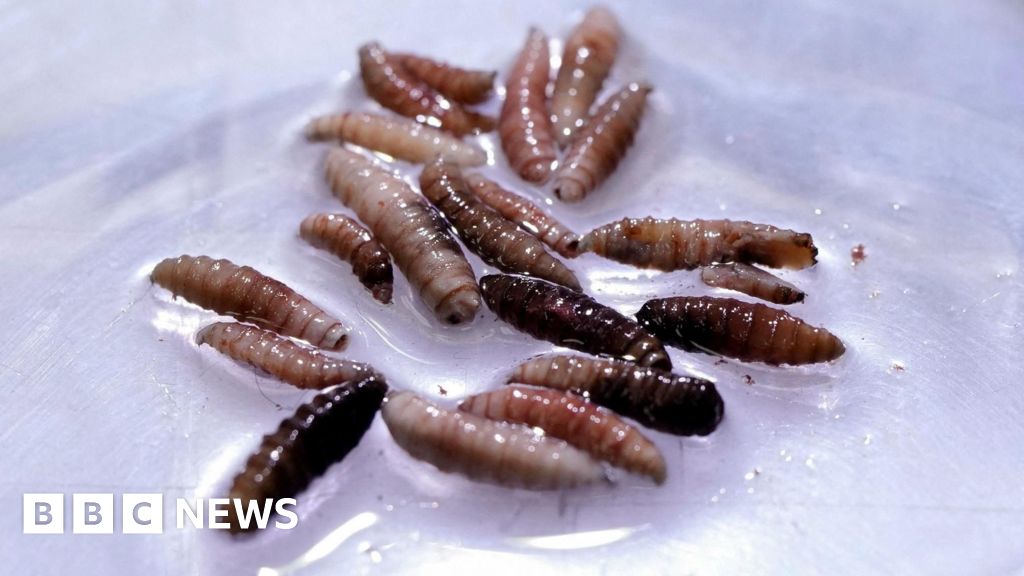NEW YORK (AP) — Health Secretary Robert F. Kennedy Jr.'s new vaccine advisory committee meets this week, with votes expected on whether to change recommendations on shots against COVID-19, hepatitis B, and chickenpox.
The exact questions to be voted on Thursday and Friday in Atlanta are unclear. Officials at the Department of Health and Human Services did not immediately respond to questions seeking details regarding the newly posted agenda.
Some public health experts are concerned that the votes will raise unwarranted new questions about vaccines in the minds of parents.
A vote that restricts a government program from paying for vaccines for low-income families could be even more consequential.
“I’m tightening my seat belt,” said Dr. William Schaffner, a Vanderbilt University vaccines expert.
The panel, the Advisory Committee on Immunization Practices, makes recommendations to the director of the Centers for Disease Control and Prevention (CDC) about how already-approved vaccines should be used. CDC directors have nearly always accepted those recommendations, which are widely followed by doctors and guide vaccination programs.
Kennedy, a leading antivaccine activist before becoming the nation’s top health official, fired the entire 17-member panel earlier this year and replaced it with a group that includes several anti-vaccine voices.
Here’s a look at the three vaccines being discussed:
COVID-19
Before Kennedy was health secretary, ACIP would typically vote in June to reaffirm recommendations for shots against respiratory viruses that sicken millions of Americans each fall and winter. However, this past June, ACIP voted to recommend flu shots for Americans but was quiet on COVID-19 shots.
Days after around Kennedy’s announcement that COVID-19 shots would not be recommended for healthy children, CDC officials clarified that families could still get the 2024-2025 version of COVID-19 shots for their kids in consultation with their doctors. This clarification ensured that the shots would still be covered under the federal government’s Vaccines For Children program, which provides vaccination for families without adequate financial resources.
As new COVID-19 formulations are historically released each fall, the ACIP has yet to decide whether to recommend this season’s COVID-19 shots or their coverage by the VFC program.
Hepatitis B
Hepatitis B causes serious liver infections and can be transmitted from an infected mother to her baby during childbirth. Although infant vaccinations have been proven successful in preventing chronic infections, Kennedy’s ACIP members suggested a revisitation of the guidance on this.
Chickenpox (MMRV)
Once a common childhood illness, chickenpox can lead to serious complications. The government recommended the chickenpox vaccine in 1995, leading to a significant decrease in cases. However, discussions are re-emerging about whether to alter guidance on the safety and administration of the MMRV shot combination.
In summary, the actions taken by Kennedy’s advisory committee could fundamentally reshape vaccination guidance and access in the United States, provoking critical discussions on public health strategies amid rising vaccine skepticism.



















